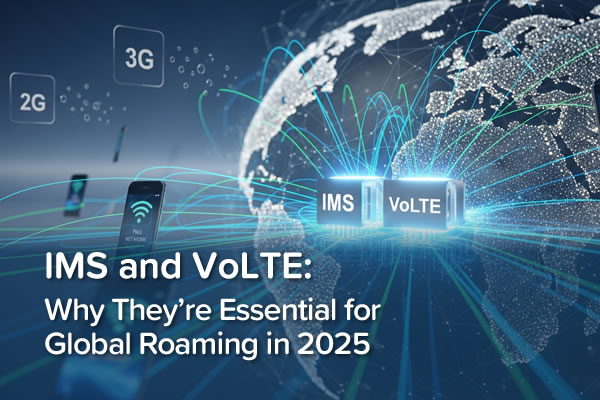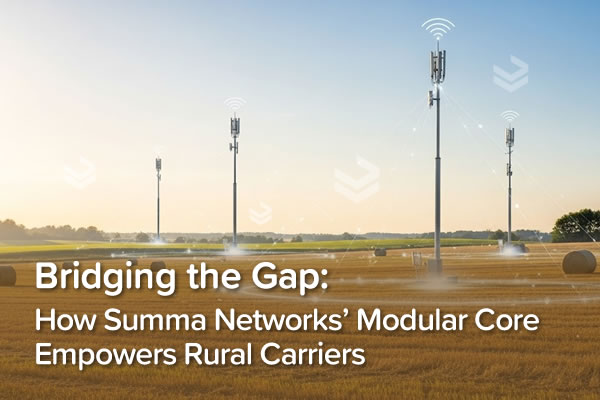Private LTE and 5G networks are transforming the way industries operate. From mining and energy to transportation and manufacturing, organizations are turning to private networks for secure, high-performance connectivity tailored to their specific needs.


The telecom industry is evolving faster than ever. New technologies, regulatory changes, shifting customer expectations, and increasing competition are reshaping the landscape — and challenging operators to respond at speed.

In a time when telecom networks are the backbone of global connectivity, trust is no longer a nice-to-have—it’s essential. The term "telecom-certified" has become shorthand for trustworthiness, reliability, and readiness for integration into critical infrastructures. But what does it really mean?

The global phase-out of 2G and 3G networks is forcing a transformation in how operators deliver voice services—especially for roaming users. In this new environment, IMS (IP Multimedia Subsystem) and VoLTE (Voice over LTE) are no longer optional technologies. They have become essential components for ensuring seamless, high-quality roaming experiences in 2025 and beyond.

We’re halfway through 2025, and it’s already been a year full of energy, insights, and new connections. Across continents and time zones, we’ve been listening to operators, learning from different markets, and showing how our modular core supports real-world telecom evolution — from legacy networks to private 5G.

As the demand for reliable and high-quality mobile connectivity grows in underserved and remote regions, rural carriers face a unique set of challenges. Limited budgets, lack of legacy infrastructure, and the need to offer both traditional voice and modern IP services mean they require solutions that are both powerful and adaptable. This is where Summa Networks' Modular Core comes in — a flexible, full-stack mobile core designed to evolve with your needs.

